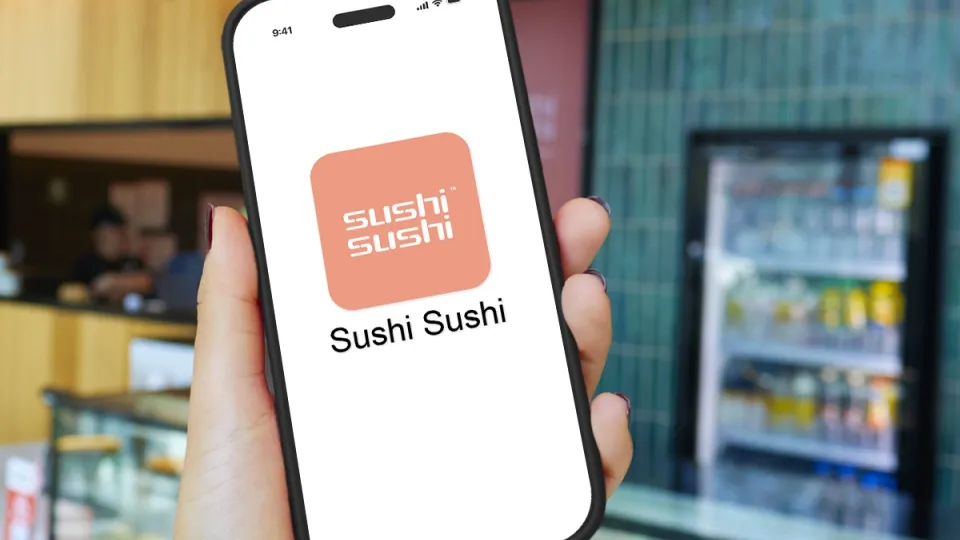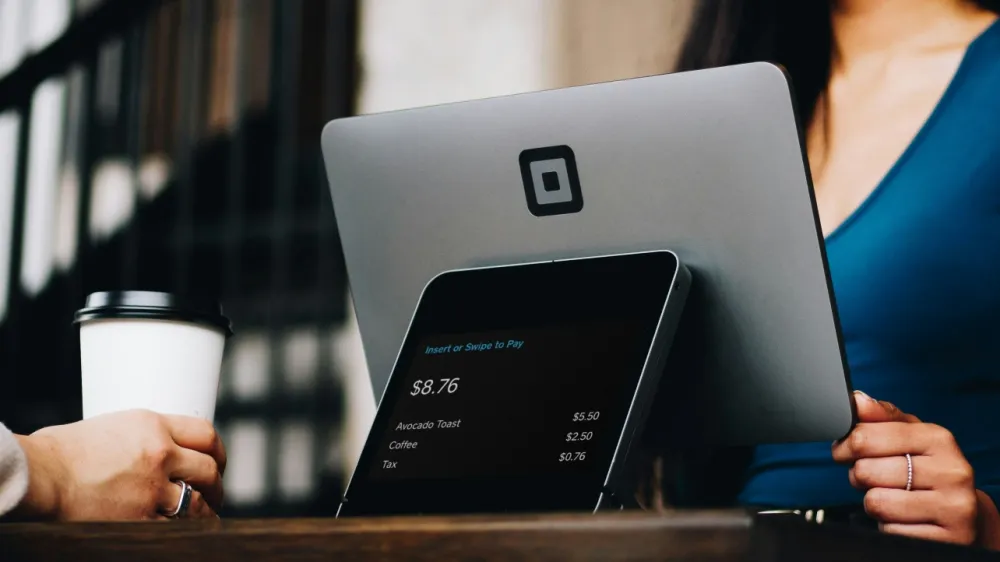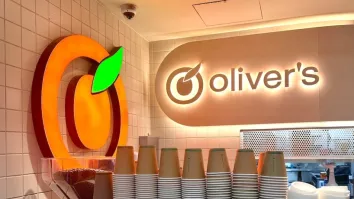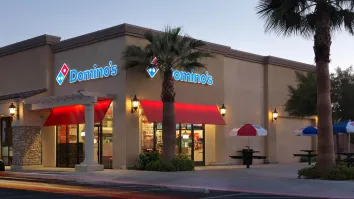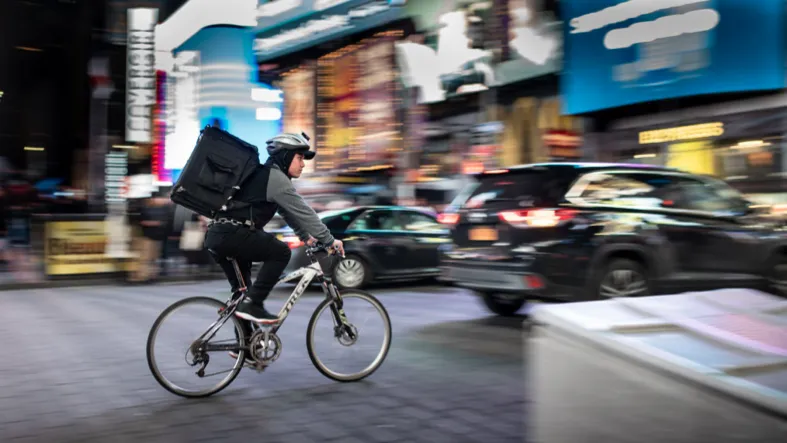
How delivery apps have changed QSRs forever
By Mia SiskoIn today's modern world, products and services are becoming more accessible with just a click of a button. Due to the effects of the Covid-19 pandemic, the hospitality industry is suffering.
The days when you have to visit a restaurant to order and dine are becoming limited.
This crisis brought by the pandemic has pushed quick-service restaurants to adapt to the change. With the social distancing and covid restrictions, the foodservice industry needed to find a way to reach their customers and stay in business.
This gives rise to food delivery services that help food businesses deliver orders to their customers. People are now shopping online instead of getting out and getting their food. Restaurants are now utilising online marketing and social media to their advantage. A website allows them to be competitive by providing relevant information about their products - reviews, maps, directions, business hours, pricing, etc.
However, if a restaurant has to offer direct delivery, it will have to hire more employees. Due to this, many restaurants are using third-party delivery apps such as Menulog, Deliveroo, Uber Eats, and Open Table.
Listed below are the benefits of delivery apps to QSR businesses.
1. Customer Friendly
Mobile apps have made it easier for customers to place orders without having a long wait in line. Online ordering provides an effortless and hassle-free experience that 60% of people find more convenient than lining up at the restaurant! You can now offer different options like pick up only, delivery through your app or even curbside pickup if you're able - all while providing great customer service thanks to technology
2. Attract new customers
Third-party marketing apps and listing directories help QSR businesses save on advertising costs. Compared to traditional marketing methods, online advertising is less expensive. With social media and SEO, you can reach a wider audience and bring more traffic to your business. Online marketing does not require a huge upfront cost. By posting relevant and valuable content, you can easily keep your target audience engaged and use clever and cost-effective tactics to grow your following organically.
Keep your customers engaged in your business by giving them new offers or rewarding them for their loyalty. Delivery apps make it easier to generate new customers because of massive online visibility and attention.
3. Convenience
Aside from the quality of food, delivery is one of the crucial factors for meeting customers' expectations. You do not want your customers to wait for a long time just to get their sandwich and drink.
Food delivery services solve this problem by providing effortless checkout and fast delivery. You can tap into delivery options such as DoorDash and Menulog to get the customer's orders delivered within 35 minutes from order to drop-off.
This allows you and your staff to focus on cooking meals, preparing orders, and marketing. It saves valuable time and effort. By partnering with reliable delivery apps, restaurants do not have to worry about delivering orders since the apps can notify customers about the status of their orders.
4. Manage operations easier
Because the third-party delivery platforms handle order delivery and contribute to customer service, you can track your business performance better. The action of ordering-processing-delivery becomes more streamlined. Foodservice owners have more time to evaluate customer ratings, resolve common issues, analyse order accuracy, and adjust the menu.
They can also track payments, monitor peak hours, and exert more effort on marketing and promotion. Delivery apps function as an online marketplace for QSR business, and when utilised properly, optimum results can be achieved by utilising and collecting the data for forward strategic planning.
Wrapping Up
While delivery apps take a cut for every order they deliver, there are more advantages than disadvantages. Restaurants and food businesses need to embrace this change and develop ways to enhance customer experience while boosting business efficiency.
There are no signs that online ordering and delivery apps are stopping. With a pandemic crisis or not, it will be part of the customers' preference. Regardless of different market scenarios, restaurants should consider venturing into the digital space. The advancement of technology and communications provide consumers with convenience, safety, and faster transactions. Not adapting to this business innovation may spell future failure.
If you want your business to stay afloat in the digitally-competitive foodservice industry, we at Clover Marketing can help. We develop digital marketing solutions to help companies to boost their online presence, increase brand awareness, and generate more sales. We will review your current digital marketing performance and optimise your present and future campaigns so you can achieve the optimum results for your business.

